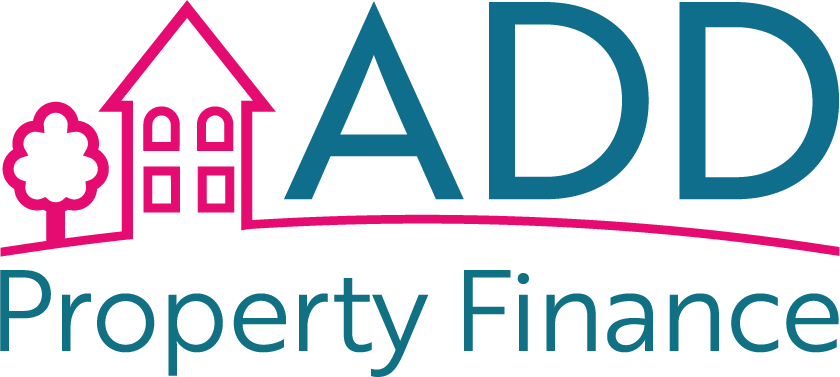Property investment often involves managing various types of real estate, and these assets don’t always have tenants or occupants. Whether you’ve recently acquired a property, it’s undergoing renovations, or you’re between tenants, leaving a property vacant can expose you to unique risks. This is where vacant property insurance comes into play. In this article, we’ll delve into the significance of vacant property insurance for investors and how it safeguards unoccupied assets during transitions or renovations.
Understanding the Risks
Leaving a property vacant, even temporarily, can introduce several potential risks, including:
- Vandalism and Theft: Unoccupied properties are more vulnerable to break-ins, theft, and vandalism. Without regular supervision, such incidents can go unnoticed for extended periods.
- Squatters: In some cases, vacant properties may attract squatters, which can lead to legal complications and additional costs for eviction.
- Property Damage: From burst pipes to electrical issues, unattended properties can experience damage due to maintenance neglect, which could be expensive to repair.
- Fire and Natural Disasters: Vacant properties are often less protected against fire and natural disasters, which can result in more extensive damage.
The Role of Vacant Property Insurance
Vacant property insurance is a specialized policy designed to address the unique risks associated with unoccupied real estate. Here’s how it benefits property investors:
- Protection from Vandalism and Theft: This insurance covers losses resulting from vandalism, theft, and malicious damage to the property.
- Liability Coverage: Some policies include liability coverage in case someone is injured while on the vacant property.
- Coverage During Renovations: If you’re renovating a property and it’s unoccupied during the construction phase, vacant property insurance can help protect against damage related to the renovation work.
- Peace of Mind: Knowing that your unoccupied property is insured provides peace of mind, allowing you to focus on other aspects of your investment.
When Do You Need Vacant Property Insurance?
Vacant property insurance is relevant in various scenarios, including:
- Property Acquisition: If you’ve recently purchased a property and it’s unoccupied before finding tenants, vacant property insurance can provide protection during this transition period.
- Property Renovations: When you’re renovating a property, it’s often unoccupied for an extended time. Vacant property insurance safeguards the asset during this period.
- Property Sale: If you’re preparing a property for sale and it remains unoccupied, insurance can protect it from potential damage while on the market.
- Property Waiting for Planning Permission: In cases where a property is awaiting planning permission or zoning changes before development, vacant property insurance can provide peace of mind.
Finding the Right Policy
When seeking vacant property insurance, consider the following:
- Coverage: Ensure the policy covers your specific risks and the duration of the property’s vacancy.
- Cost: Shop around for competitive rates, but also consider the coverage and reputation of the insurer.
- Policy Limits: Understand any limitations on the policy, such as the maximum duration of vacancy it will cover.
- Claims Process: Familiarize yourself with the insurer’s claims process to ensure it’s straightforward and efficient.
In conclusion, vacant property insurance is an essential tool in a property investor’s risk management strategy. It offers protection and peace of mind during periods of property vacancy, allowing you to focus on your investment goals without unnecessary worries. Whether you’re transitioning between tenants, renovating, or awaiting planning permission, consider vacant property insurance as a safeguard for your unoccupied assets.







